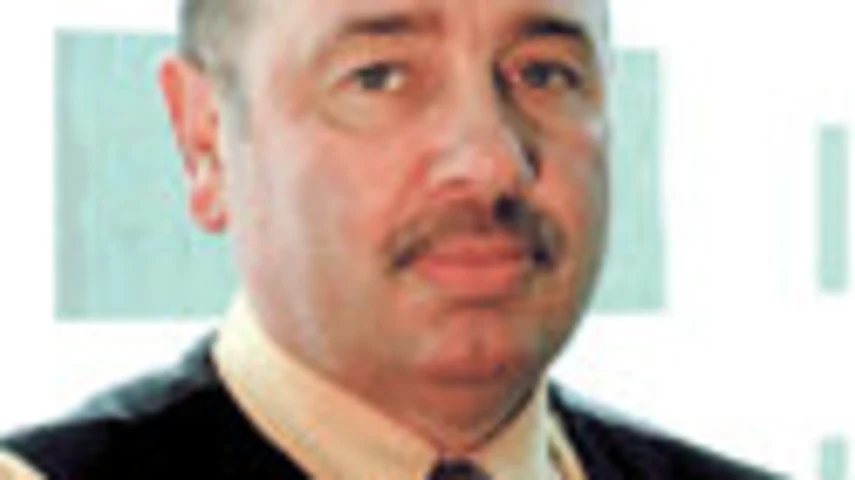ASIC comes out of the shadows



So the Australian Securities and Investments Commission (ASIC) intends to conduct another financial planning shadow shopping exercise some time after June 30, this year — meaning there will have been a two-year gap between such efforts on the part of the regulator.
No one in the financial planning industry should be surprised by the ASIC action. The regulator made clear last year that such an exercise would be scheduled, not least because it was something supported by the then newly-elected Rudd Labor Government.
Equally unsurprising should have been the fact that the first organisation to comment on the 2009-10 ASIC shadow shop was the Industry Super Network, with its executive manager, David Whitely, calling on the regulator to extend its efforts beyond simple compliance to whether advice is being provided in the ‘best interests’ of the client.
Of course, the environment in which the shadow shop is conducted will be very different to that which existed in 2005 and 2006. Investment returns have collapsed and as our front-page story reveals, financial planners are feeling extreme stress.
If the shadow shopping exercise is to have any meaning at all, it must traverse the entire financial planning industry, and that includes planners working for or on behalf of industry superannuation funds. Perhaps, too, the regulator’s shadow shoppers could try sampling the efforts of some of the call centre ‘advisers’ to whom super fund members are referred when they ask to transfer their balances into cash.
What ASIC ought to understand is that the financial planning industry has evolved since its last shadow shopping exercise and fund-related planners represent a significant part of that evolution. Connection to an industry fund does not carry with it impunity from appropriate regulatory oversight.
ASIC under the leadership of chairman Michael D’Aloisio is a less abrasive organisation than the body that was led by his predecessor, Jeff Lucy. It is to be hoped, on that basis, that the regulator adopts a more measured approach to any enforcement action evolving out of the shadow shopping exercise.
For this latest shadow shopping exercise to have legitimacy it must focus on compliance, not political agendas.
By Mike Taylor
Recommended for you
In this episode of Relative Return Insider, host Keith Ford and AMP deputy chief economist Diana Mousina break down the spike in inflation numbers and what it means for the possibility of a rate cut as we move into the new year.
In this episode of Relative Return Insider, host Keith Ford and AMP economist My Bui explore Prime Minister Anthony Albanese’s trip to the US and the critical minerals deal stemming from his meeting with President Donald Trump.
In this episode of Relative Return Insider, host Keith Ford and AMP chief economist Shane Oliver unpack the latest unemployment numbers and what they mean for a rate cut, as well as how the latest flare-up in the ongoing US–China trade dispute has highlighted the remaining disparity between gold and bitcoin.
In this episode of Relative Return Insider, host Keith Ford and AMP chief economist Shane Oliver take a look at the unfolding impacts and potential economic ramifications of the US government shutdown and the surge in gold and bitcoin prices.







